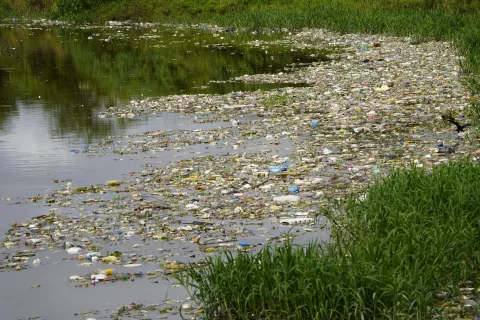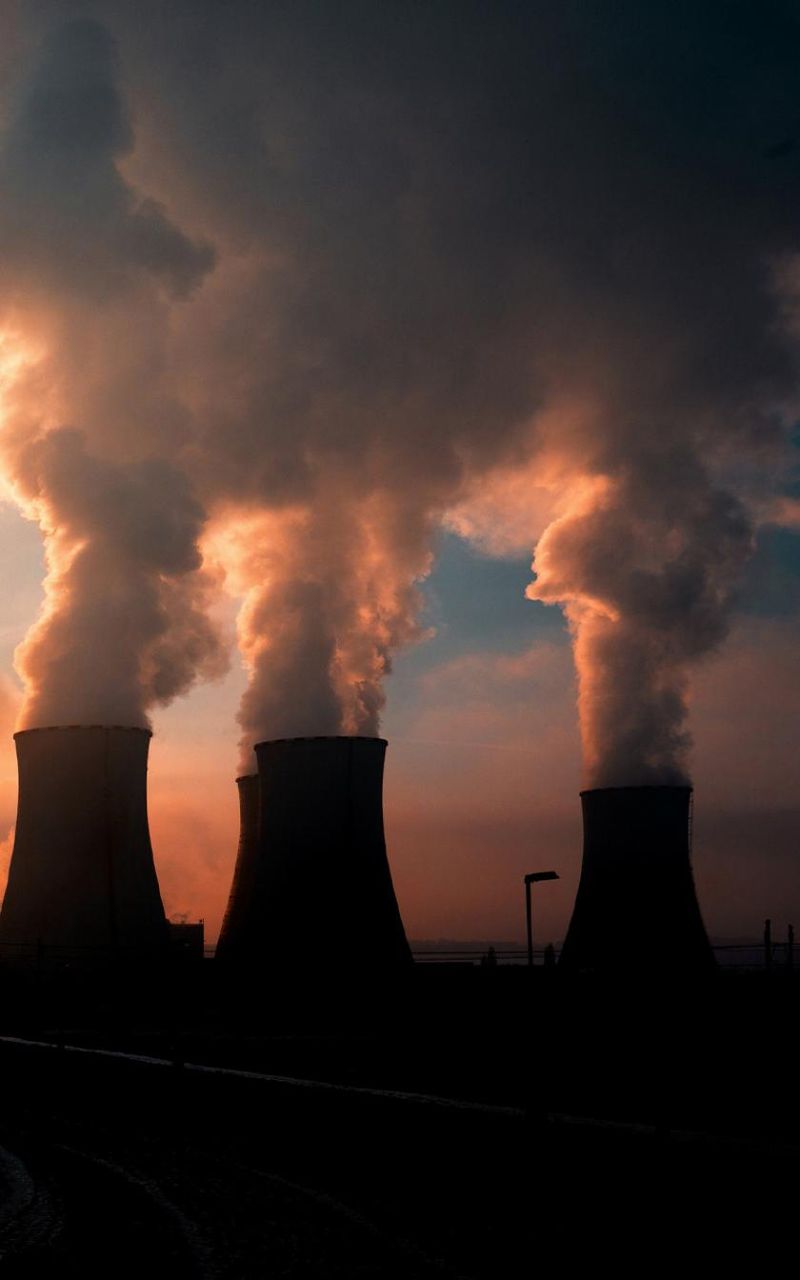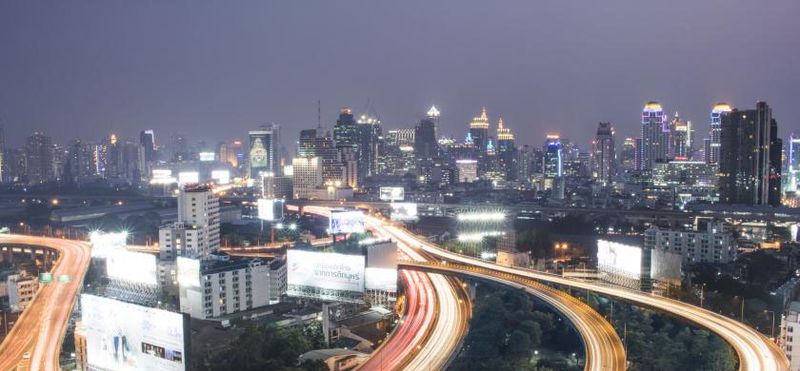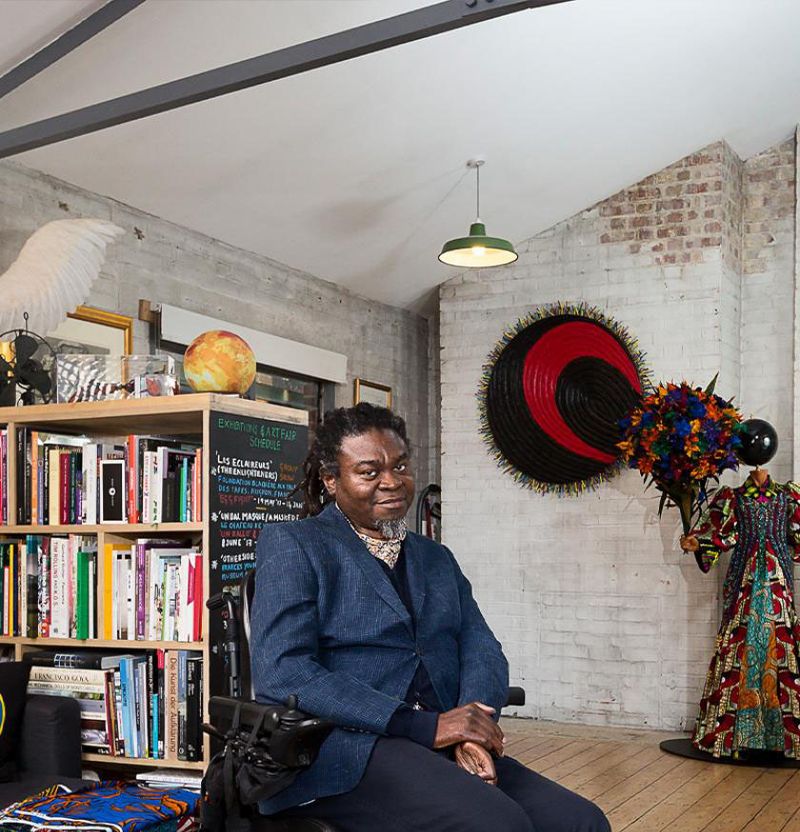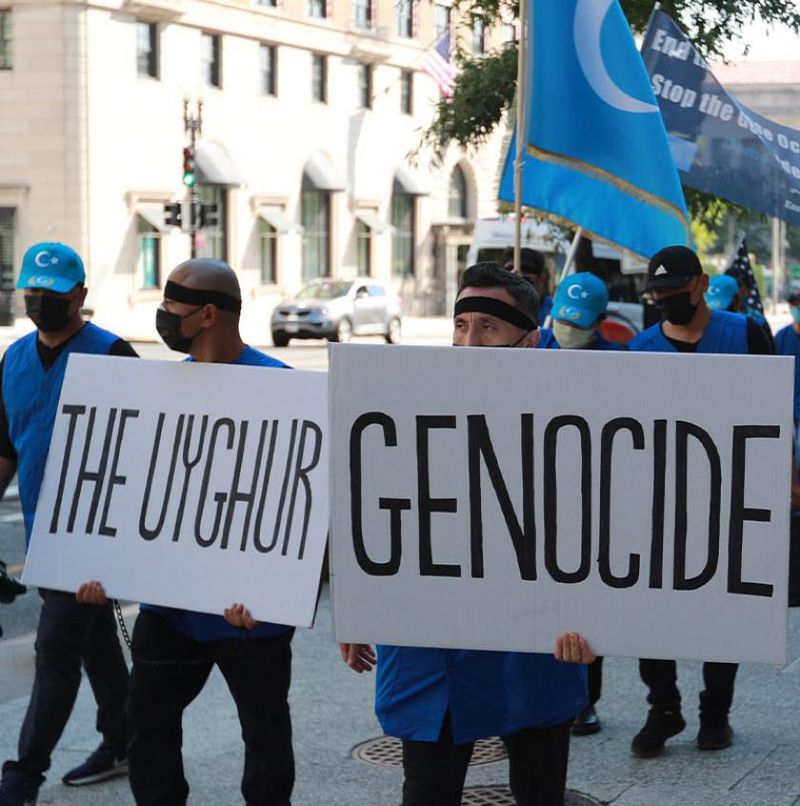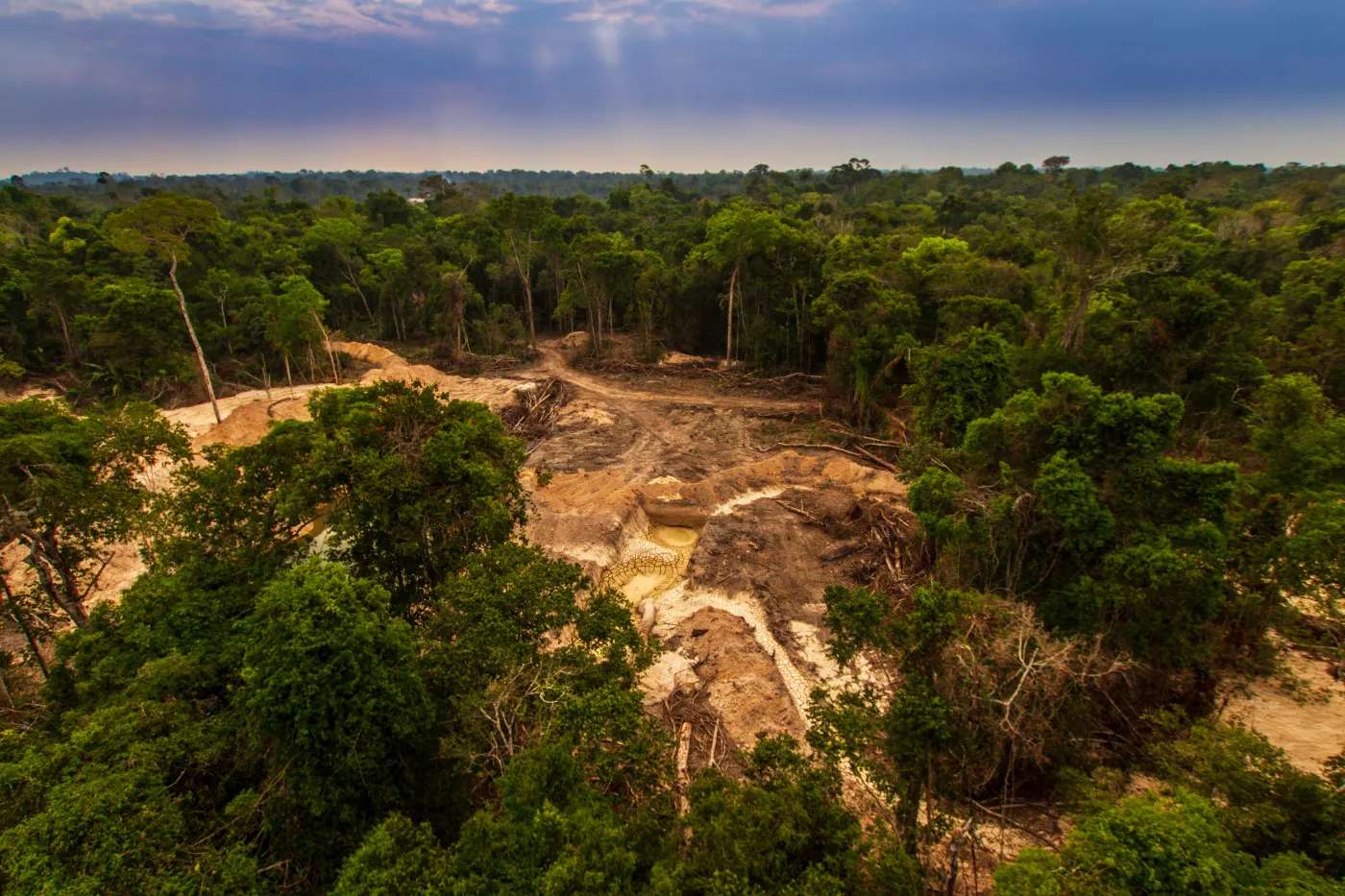

Lithium, copper, manganese – these are the building blocks of the global clean energy transition. As governments and corporations race to secure them, resource-rich countries in the Global South such as Brazil, Indonesia, and Myanmar have become central to the world’s green economy. Yet, instead of shared prosperity, the story unfolding on the ground is one of displacement, pollution, and deepening inequality.
The contradiction is impossible to ignore. In two weeks’ time, global climate leaders will gather at COP30 to discuss the progress of the “green economy”. At the same time, a short car journey away, local communities in the host state of Pará are bearing the social and environmental costs of harmful mineral extraction, including polluted rivers and land displacement, whilst seeing very little in terms of local value creation.
Global policy on mineral extraction has claimed to establish secure supply chains and limit risk. But for many communities, this transition feels like a replay of the fossil fuel era it seeks to replace – defined by opacity, exploitation, and unkept promises.
In a recent piece for The New Humanitarian, our own Research & Insights Lead, Nicholas Pope, together with Emily Iona Stewart, Head of Policy and EU Relations from Global Witness, argue for more focus on justice-centred narratives to center equity and accountability in the governance of transition materials. Their analysis shows how current systems concentrate harms such as unregulated labour, deforestation, and social instability in the Global South, while outsourcing profits to multinational corporations.
Civil society is calling for a course correction. In October, 200 civil society groups including Climate Action Network, Human Rights Watch and Amnesty International published an open letter calling for a just minerals value chain in COP30’s negotiated outcomes. Professor Yu Hongyuan of the Shanghai Institute for International Studies, and Angela Asuncion of Resource Justice Network have also called for a transition mineral governance working group as part of the Just Transition Work Programme.
This important work underscores the need to ensure that extraction offers real benefits for local communities and an opportunity to have their voice heard amidst the noise of mineral transition governance.
Without the commitments of global leaders, we risk polluting the green transition with the harms and inequalities of the fossil fuel age we claim to have left behind.
Related news
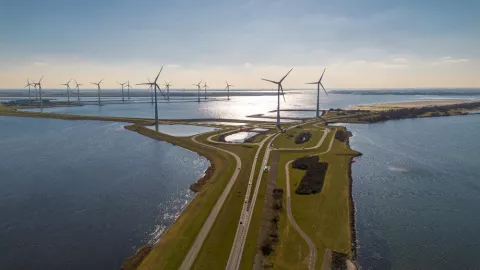
Beyond the headlines: What civil society needs to know about COP30
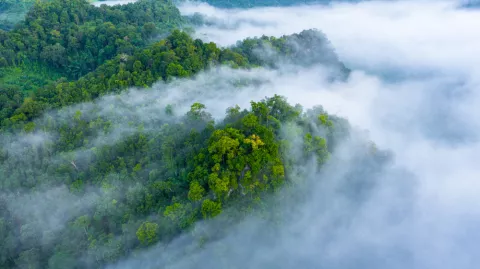
COP30 has already begun for those living in the Amazon [Daleth Oliveira]
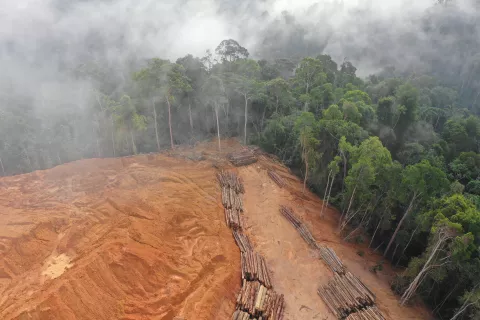
COP30 domestic challenges: Can Lula hold the line - and what happens if he can’t? [Sam Cowie & Daleth Oliveira]
